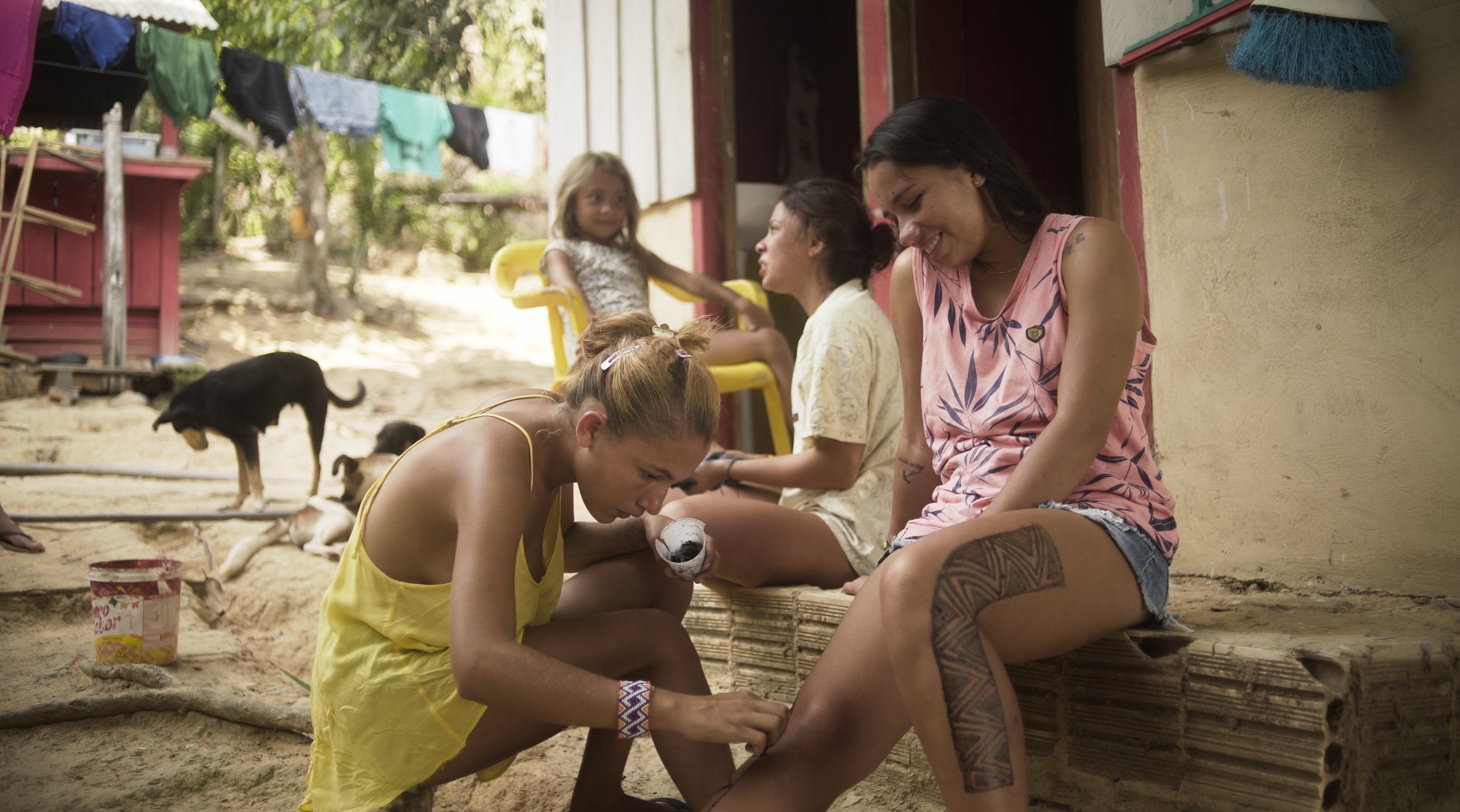
Brazil
Since 2020, SAMA-HIH has supported…
3.5M
Hectares Protected
4k+
Patient Visits via
Health Expeditions
5k+
Vaccinations
Biodiversity
The world’s largest tropical rainforest, The Amazon is one of Earth’s most important terrestrial carbon reserves, estimated to contain about 123 billion tons of carbon above and below ground.
Work to date
In 2020, Brazilian partner organization SAMA and Health In Harmony (SAMA-HIH) launched programs alongside rainforest communities to protect a vital portion of the Amazon Rainforest in the Xingu Corridor of Socio-Environmental Diversity. This region is important because of its rich socio-biodiversity and key contribution to rain generation, feeding South America with rain via flying rivers and influencing global weather patterns. Based on Radical Listening sessions with rainforest communities, SAMA-HIH has been working to continually and holistically increase well-living by investing in community-designed solutions. These include; access to free and better healthcare (including access to telemedicine consultations), valuing traditional medicine practices, and strengthening forest economy activities and traditional livelihoods that Riverine and Indigenous communities have been developing in harmony with nature.
Ongoing Impact
Today, SAMA-HIH continues its work with the Riverine communities providing advocacy. Alongside established partners like The Cantinas Network and Instituto Socioambiental (ISA), SAMA-HIH is implementing new community solutions and improving existing initiatives in the Xipaya Indigenous Territory of the Xingu throughout 2025. In 2025, SAMA-HIH will apply its Radical Listening approach in new Indigenous Territories alongside Indigenous-led NGO Pawanka Fund. Remote monitoring data from Woodwell Climate Research Center suggested the Cachoeira and Apyterewa Indigenous Territories as sites of urgent, ongoing, and potential carbon loss, where Radical Listening began in March 2024. A new innovative tool developed by Woodwell, the Landscape Capital Index, will ensure SAMA-HIH and rainforest communities can maximize the impact of investments on carbon sequestration, making a significant step towards a more sustainable and equitable future.
Malaria Research
In partnership with Stanford University’s Mordecai Lab, Health In Harmony is undertaking a project to investigate the local factors driving malaria transmission in deforested areas of the Amazon, particularly within the Xingu River Basin in Pará, Brazil. Local Solutions to Global Problems: Measuring Community-Centered Solutions for Better Human Health and Forest Conservation examines the precise mechanisms by which deforestation affects malaria transmission locally, addressing a gap left by broader Amazon-wide estimates. Health In Harmony and the Mordecai Lab will work closely with Indigenous and riverine communities in four territories to co-develop and assess interventions that improve human health while promoting conservation. Stanford.








